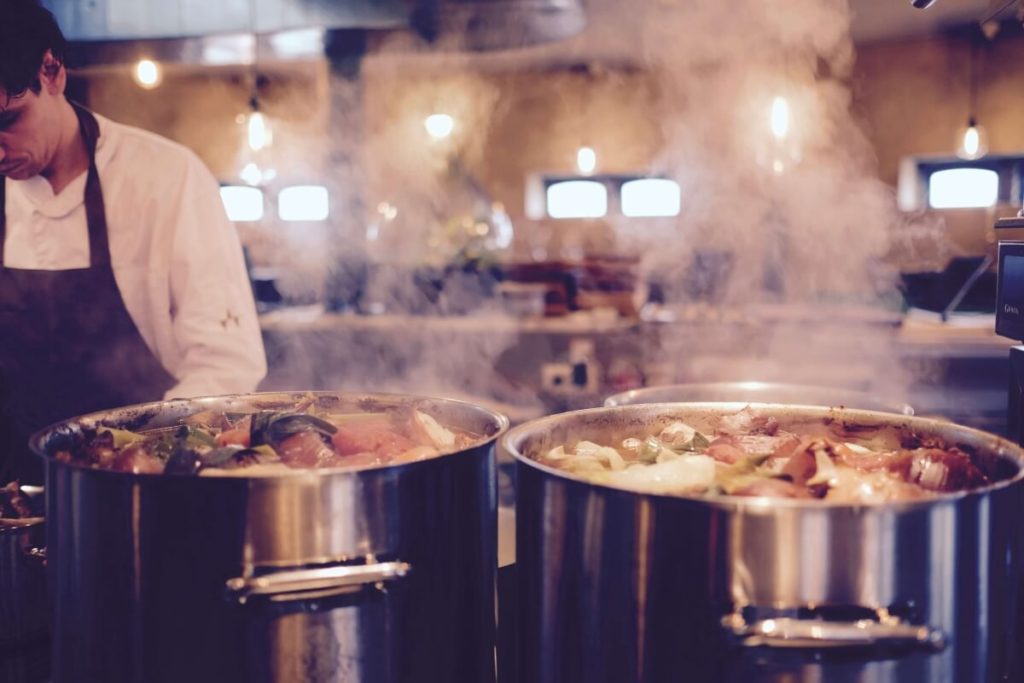Facility inspections can be a nerve-racking time. Health inspections are performed to ensure food products are handled and prepared in accordance with state and local regulations to protect the public. Understanding the food codes and developing a strategy for cleaning your restaurant will aid in making health inspections a worry-free, routine experience.
Key Facts to Keep in Mind
Here are some key facts to keep mind: The U.S. Centers for Disease Control and Prevention (CDC) estimates that each year 48 million Americans are sickened by food borne illnesses resulting in an estimated 128,000 hospitalizations and 3,000 deaths.
Under the authority of the General Laws of Massachusetts, Chapter 94, the MDPH Bureau of Environmental Health’s Food Protection Program (FPP), inspects all wholesale food processing and distribution facilities in order to ensure that the Commonwealth has a safe and wholesome food supply.
The routine inspection, licensing, compliance, and enforcement activities of the FPP are divided among three inspection units: Seafood and Shellfish, Milk and Dairy, and Food Processing.
5 Common Mistakes that Restaurants Make
Be sure to keep a trained eye out for these violations to keep your health inspection score high:
- Not following food safety temperatures
- Improper food storage
- Poor personal hygiene
- Poor kitchen sanitation
- Cross contamination
- Improper commercial kitchen flooring maintenance
To combat these common mistakes and other potential violations, an important tool to help prepare you and your facility for a health inspection is a HACCP (Hazard Analysis and Critical Control Points) plan.
Hazard Analysis and Critical Control Points
The HACCP system locates the weak points in the cooking process where the risk of contamination is the greatest. Once you’ve identified the potential hazards, you can easily take action to ensure none of your products are contaminated.
In addition to HACCP plans, we’ve also gathered a few important steps you should take to prepare for your inspections:
- Be diligent in noticing key safety issues, including cross-contamination, personal hygiene, and internal temperature requirements.
- Refer to your local and state health department guidelines frequently to ensure you are following are the regulations and remaining up to date.
- Perform self-inspections randomly at undisclosed times. As you may very well know, health inspections can happen at any time, so it’s important to make sure all of your employees are equally prepared for the potential of an inspection.
- Once completed, review your self-inspection results with everyone of your employees in order to discuss any corrective actions for possible violations.
- Make sure your employees know the answers to important safety questions about tasks they’re performing so they’re prepared for possible inquiries that might be asked of them from the health inspector. For example, you could ask them what color food storage containers they should be using to store poultry, seafood, and vegetables as to prevent cross-contamination.
- Always monitor food preparation and storage, especially after your self-inspection. You want to ensure your employees are adhering to the standards required of them and your facility. Keep any managers or supervisors updated on the latest food safety developments so that they can ensure compliance when you’re not present.
